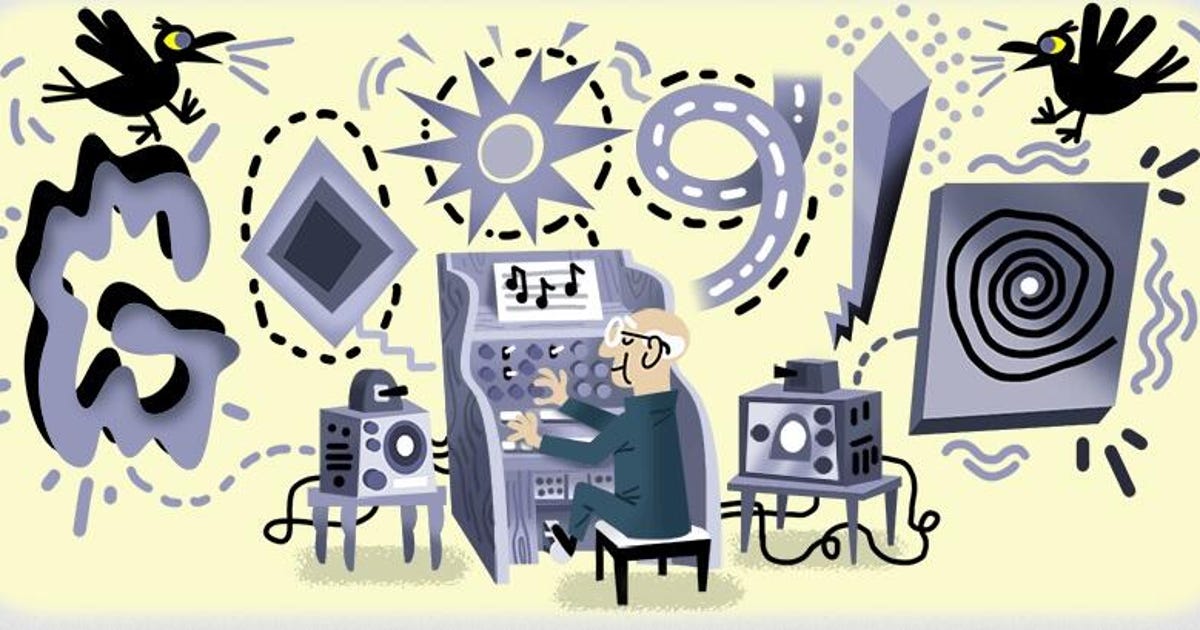Google Doodle Honors Electronic Music Pioneer Oskar Sala
Google games doodle music google doodle music piano google doodle music maker google doodle honors oscar lopez rivera google doodle games google doodle champion island google doodle basketball google doodle halloween 2018 google doodle poll google doodle gnome

Google Doodle Honors Electronic Music Pioneer Oskar Sala
You may not know the name Oskar Sala, but there's a good chance you're familiar with some of the German composer and physicist's work. The pioneer in the field of electronic music composed music and created sound effects for TV, radio and film, including the eerie bird sounds for Alfred Hitchcock's The Birds.
To honor his contribution to electronic music, Google is dedicating its to Doodle on Monday to Sala on what would have been his 112th birthday.
Born in the eastern German town of Greiz in 1910, Sala was immersed in music at a young age, studying the organ and piano as a youth. In 1930, he became fascinated with the trautonium, an electronic instrument that produced all kinds of sounds and noises. He would go on to dedicate himself to the instrument, sometimes performing with the Berlin Philharmonic with what is widely considered a precursor to the modern-day synthesizer
Sala improved on the instrument's design to create the mixture-trautonium, which generated sounds through saw-tooth oscillations of low-voltage neon lamps and filters controlled by rotary switches. The instrument had a three-octave range that could re-create sounds produced by conventional instruments and those common in the natural world.
The instrument's sounds were often featured in German TV commercials in the 1950s, but its notable contribution to film is in Hitchcock's 1963 nature horror-thriller about bird attacks in a small coastal town. The film has no musical score at all, relying instead on Sala's use of subharmonics to create ominous sounds of wings flapping and bird cries that are often indistinguishable from those of the human targets to raise the audience's level of fear.
Sala received several awards for his work, but never an Academy Award. He donated his original mixture-trautonium to the German Museum for Contemporary Technology in 1995.
Sala died in 2002 at the age of 91.
Source




